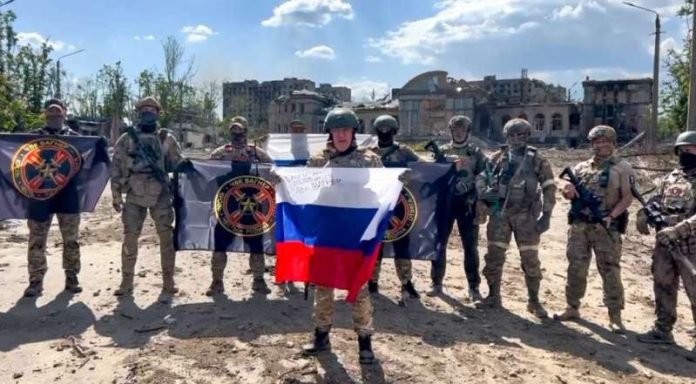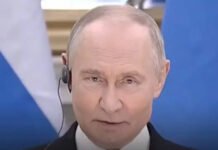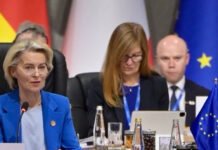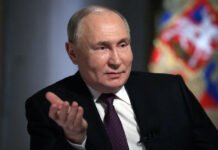INVC NEWS
Moscow – : The ongoing conflict between Russia and Ukraine has taken a new turn as the Russian army claims to have captured yet another city in Ukraine. Despite the war supposedly being over for more than 15 months, Russia continues its aggressive stance towards Ukraine, occupying several cities and intensifying tensions in the region. The recent capture of the eastern Ukrainian city of Bakhmut by the Russian army has sparked controversy and heightened the already strained relationship between the two nations.
On Saturday, the Russian army declared full control over Bakhmut, while Ukraine vehemently rejected Russia’s claim, stating that the fighting in the city was far from over. This conflicting narrative showcases the deep divisions and conflicting information surrounding the situation on the ground. Bakhmut, situated in the northwestern part of the Donetsk People’s Republic, holds strategic importance as a crucial supply center for the Ukrainian military in the Donbass region. Its capture has significant implications for both sides.
The battle for Bakhmut commenced on 1st August 2022, and it has been one of the most intense conflicts since the liberation of Donbass in 2014. The city’s liberation has been a point of contention and fierce struggle for both Ukraine and Russia. While the Russian Defense Ministry claims that the city of Artyomovsk, also known as Bakhmut in Ukraine, has been completely liberated during a special military operation, the Ukrainian government denies this assertion, asserting that the fighting is still ongoing.
This recent development occurs against the backdrop of the G7 leaders’ summit in Hiroshima, Japan, where the heads of state from the world’s major industrialized nations issued a joint statement condemning Russia’s illegal and unjustified war of aggression against Ukraine. The G7 leaders stand united in their resolve to support Ukraine and hold Russia accountable for its actions.
In such a complex and fluid situation, it is essential to gather accurate and reliable information from multiple sources to grasp the nuances of the conflict. The media plays a critical role in reporting on the events unfolding in Ukraine, shedding light on the ground realities and providing insights into the political, social, and humanitarian dimensions of the crisis.
As tensions persist and conflicts escalate, it is crucial to recognize the impact of this situation not only on the lives of individuals directly involved but also on the global stage. The reverberations of this conflict are felt far beyond the borders of Ukraine and Russia, as international relationships strain, geopolitical dynamics shift, and human rights concerns loom large.
The need for diplomacy and peaceful resolution is paramount. The international community, through organizations such as the United Nations and regional bodies, must exert collective pressure on the involved parties to seek dialogue and find a sustainable solution that respects the sovereignty and territorial integrity of Ukraine.
















